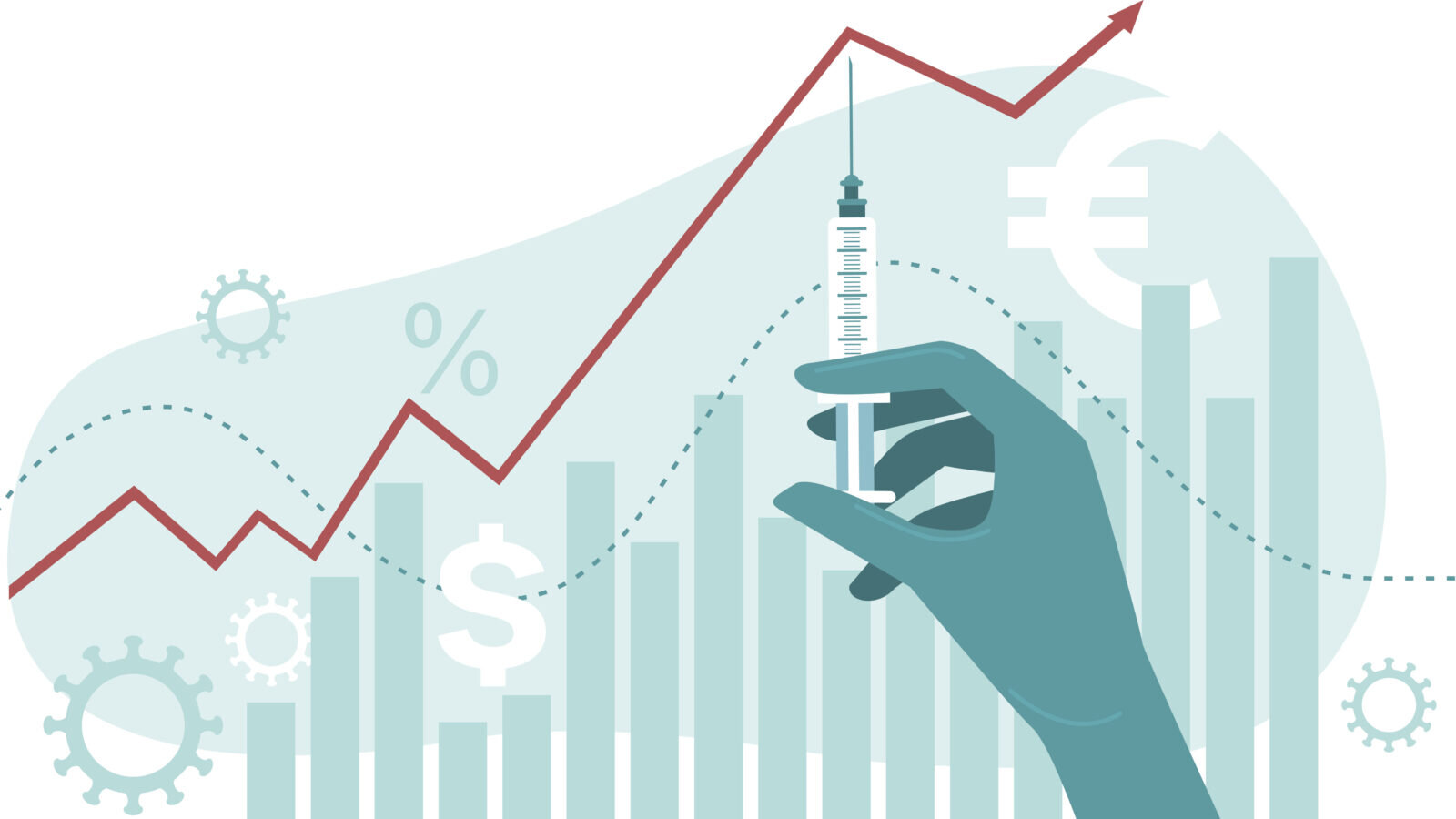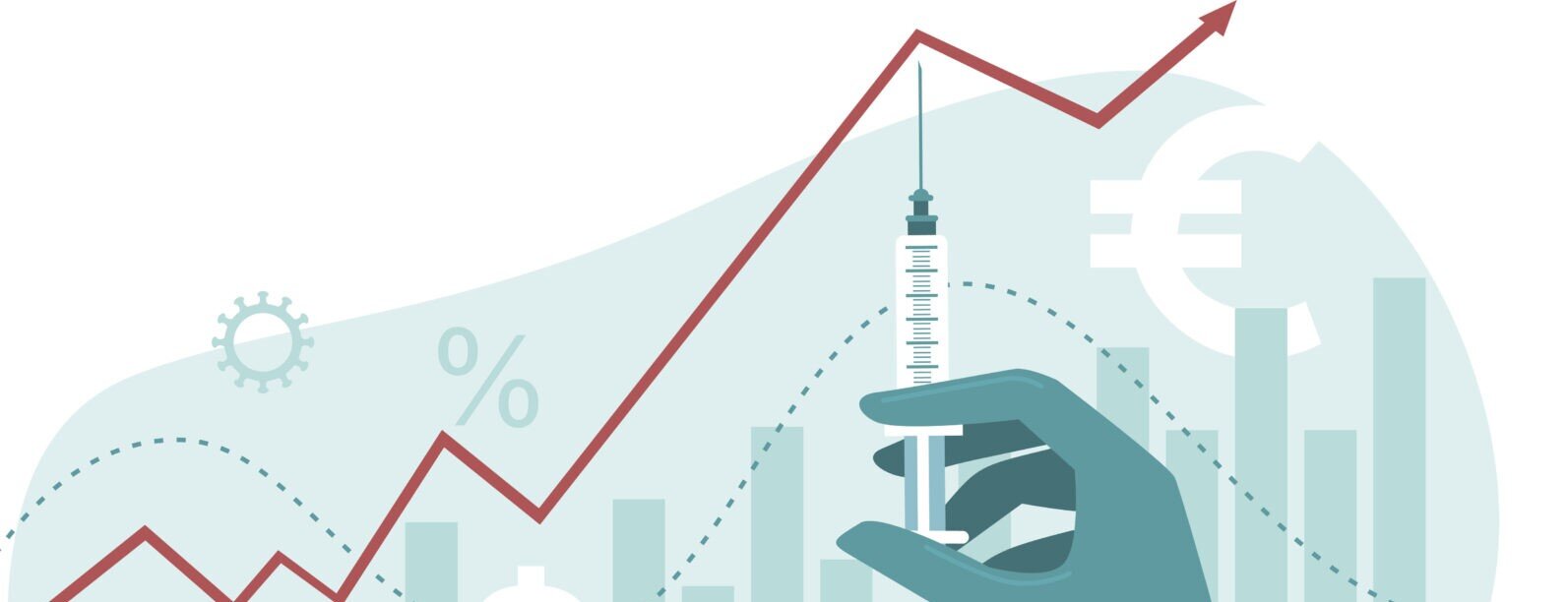In a new op-ed for STAT News, CUNY Urban Food Policy Institute Director and Distinguished Professor of Public Health the CUNY Graduate School of Public Health and Health Policy Nick Freudenberg says that corporate control of scientific discoveries jeopardizes global health. However, a healthier, more equitable, and sustainable future is possible if the science and technology produced by humanity serve the public good rather than private interests. Health professionals, researchers, and scientific organizations can all contribute to advancing this comprehensive vision.
“Science knows no country, because knowledge belongs to humanity.” Louis Pasteur said that in 1876. Today it would be more accurate to say that science belongs to the corporations and investors that have the money, power, and savvy to secure patents and bring new developments to global markets, a change that threatens human and planetary health.
As illustrated by the pharmaceutical industry’s windfall profits despite its failure to date to get Covid-19 vaccines to the poorest nations and the poorest in wealthy nations, Pasteur’s observation that bringing science to the world is “the highest personification of the nation” now seems aspirational at best.

Image credit: statnews.com
The pandemic and the cascade of other global public health crises, including the climate emergency, increasing deaths of despair, growing burdens of chronic diseases and mental health problems, and the increasing toll of occupational and environmental exposures, demand a new accounting of the costs of the corporate control of science and technology in the 21st century. […]
To read the full article, please click below.
By Nick Freudenberg, Director of the CUNY Urban Food Policy Institute and Distinguished Professor of Public Health at the CUNY Graduate School of Public Health and Health Policy
